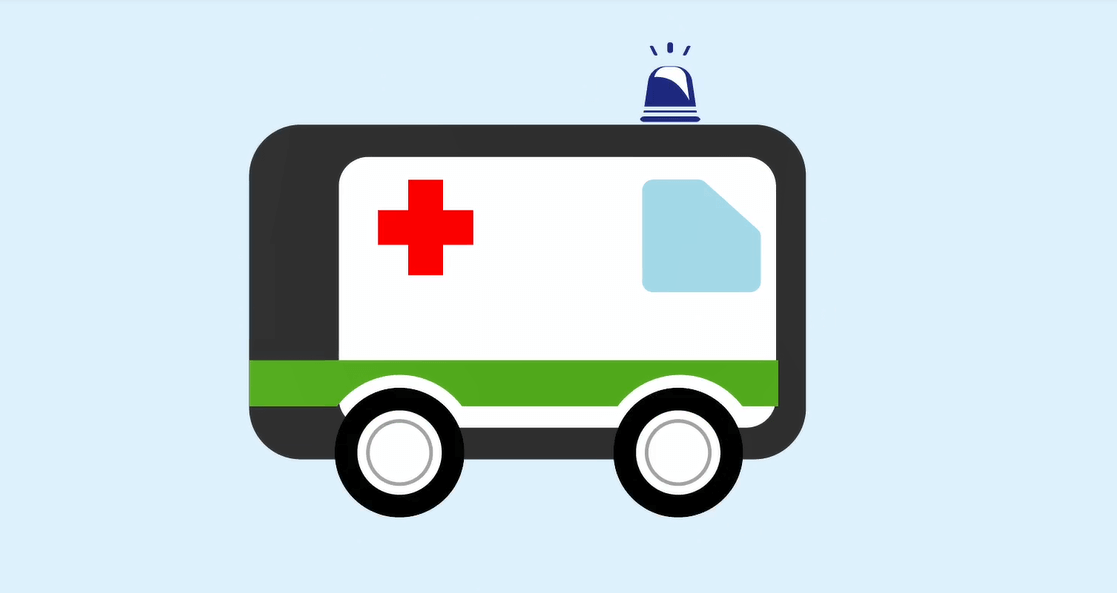When someone has a heart attack, the blood supply to the heart is blocked. This is often caused when a blood clot breaks off from a fatty plaque in a coronary artery and lodges in the blood vessel.
Some of the ways doctors treat a heart attack include stopping these clots from getting bigger and blocking the artery more, and making the blood thinner so more can get past the clot and deliver oxygen to the heart.
This is where aspirin comes in. Aspirin is an ‘antiplatelet medicine’ which means it acts on small blood cells called platelets. These play an important role in blood clotting and wound healing because they make the blood stickier.
Want to get fit and healthy?
Sign up to our fortnightly Heart Matters newsletter to receive healthy recipes, new activity ideas, and expert tips for managing your health. Joining is free and takes two minutes.
I’d like to sign-up
Aspirin works by reducing this stickiness, which in turn lowers the risk of blood clots forming and makes the blood thinner. This is why the NHS recommends chewing 300mg of aspirin if you think you’re having a heart attack. You can do this while waiting for an ambulance to arrive.
However, only do it if you have aspirin nearby, or if someone can get it for you. Do not go looking for it if you think you’re having a heart attack because it’s important to rest and stay calm until help arrives. And do not take aspirin if you’re allergic to it.
If you have had a heart attack, or are at risk of having another one, your doctor may suggest you take a low dose of aspirin every day, for the long term. NHS advice says this can reduce your risk of having another heart attack.
If you have questions about being on aspirin, you can speak to your GP or your local pharmacist.
Meet the expert
Ruth Goss is a Senior Cardiac Nurse at the British Heart Foundation.
What to read next...










